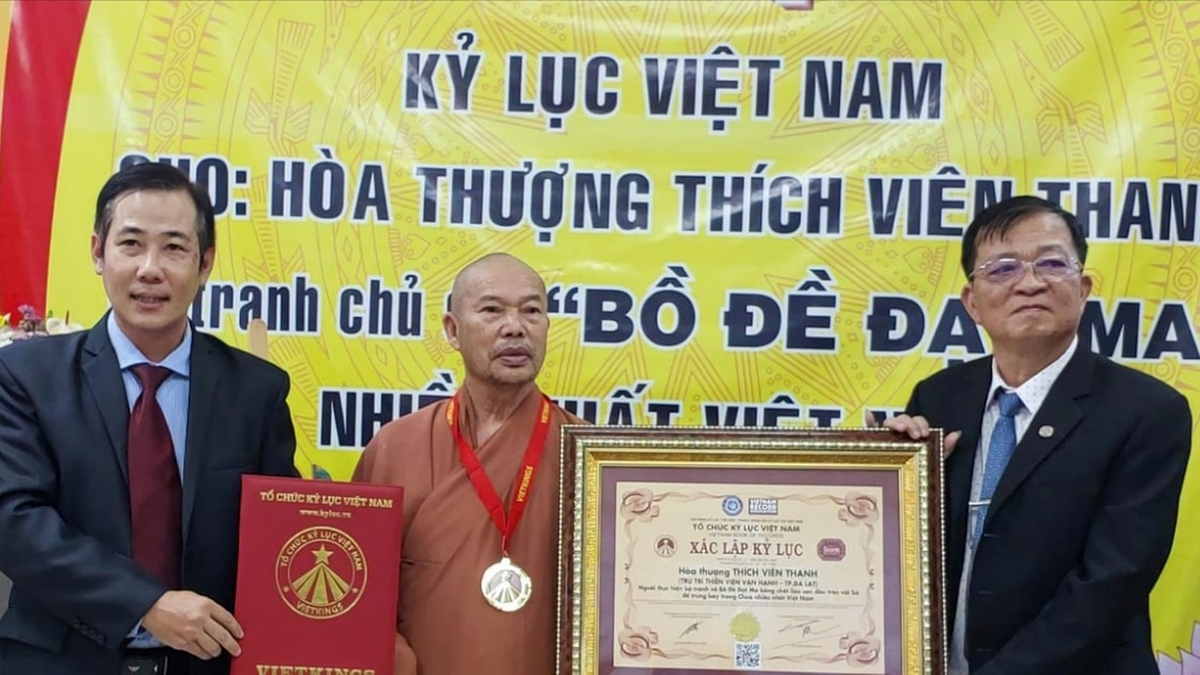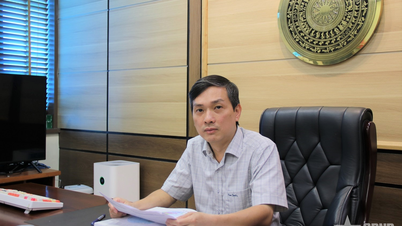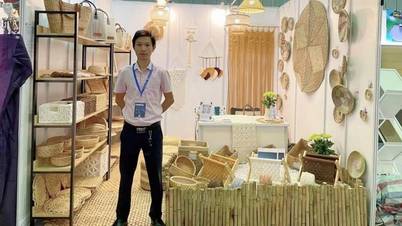As a doctoral student in Germany, with two children in grades 3 and 5 in this country, Ms. Tong Thi Thu Huong said that the Germaneducation system has many interesting points. Students here are not the product of “parrot learning or cramming”.
With any theory presented, teachers will guide the problem, have a logical approach, and argue so that students can deeply understand the essence. For example, with a third grader, when learning about units of measurement (such as centimeters, meters), teachers will take students to sports stadiums to measure distances.
Or when studying Engineering, instead of learning purely about theory, students will be taken to the factory to make their own products based on the principles they have learned. Depending on each specific topic, teachers will bring reality into the explanation.
But what Ms. Huong appreciates most is that teachers always spend time letting children think instead of letting them memorize sample lessons, do lots of exercises, and wait for them to get the answer right.
“Teachers will ask questions around the problem, and students will ask questions back. By having to think actively instead of passively memorizing knowledge, children often understand the problem very deeply and firmly. This method aims to help students become children who know how to think and learn because they feel joy in learning,” said Ms. Huong.

As for homework , how much or how little depends on each child. Usually, teachers still assign homework in class but at a moderate level, sometimes just a simple worksheet. All of it is knowledge that children have learned in class, if focused, it will take about 30 minutes to complete.
According to Ms. Huong, in Germany, teachers highly value students' self-study spirit. Teachers also do not force or remind students to do homework. To be good, students can actively research and do more than the exercises assigned by teachers.
Thanks to this, students do not need to attend extra classes . In fact, for elementary school children in Germany, extra classes are not necessary, except for immigrant families who want their children to learn German.
Teachers are also not allowed to tutor their students. All knowledge will be imparted in a formal environment. The school only has a free homework club, usually with upperclassmen helping to tutor the younger students.
Regarding the tutoring model in Germany, there are usually tutoring centers or people invited to tutor 1-1 in Math, Physics, Chemistry... Each regular lesson hour will cost about 20 euros (about more than 555,000 VND).
“In fact, German parents are just as busy as Vietnamese parents. They also want to send their children to school to have time to work. However, they respect and consider the child’s wishes. Therefore, German students have a lot of time to participate in sports and music clubs every afternoon after school,” said Ms. Huong.

Not praising or rewarding any student is also a special thing in Germany. They think that this will make students feel different from other students. Teachers also only meet with parents at the beginning of the year, and at the end of the semester, they will have a separate meeting with parents to inform them about the learning situation.
Teachers also never publicly announce each student's score in front of the class because scores are personal matters, and teachers do not "deepen" the gap between students with numbers.
Although students are not forced to study more or less, their grades do determine who they will become. Because in Germany, when they start secondary school (from grade 5), students will have to evaluate their strengths and weaknesses to decide on the appropriate school model . They will be divided into different types of schools, including schools with high entrance scores and schools with lower entrance scores.
For example, students who are good at studying and like to study can study at a school with a higher entrance level, then they will continue to study at university. Students who like to study but are not good at studying or prefer to be more active will go to schools with less academic knowledge and focus on vocational training programs. After graduating, they will work in specific fields such as hairdressing, sales, nursing, construction... depending on the interests and choices of each individual.
But no matter which school model you choose, according to Ms. Huong, when you enter the labor market, you can still rest assured that you will find a suitable career for yourself instead of "university being the only way".


Source: https://vietnamnet.vn/phu-huynh-viet-ke-chuyen-hoc-them-day-them-o-duc-2380003.html





































































































Comment (0)